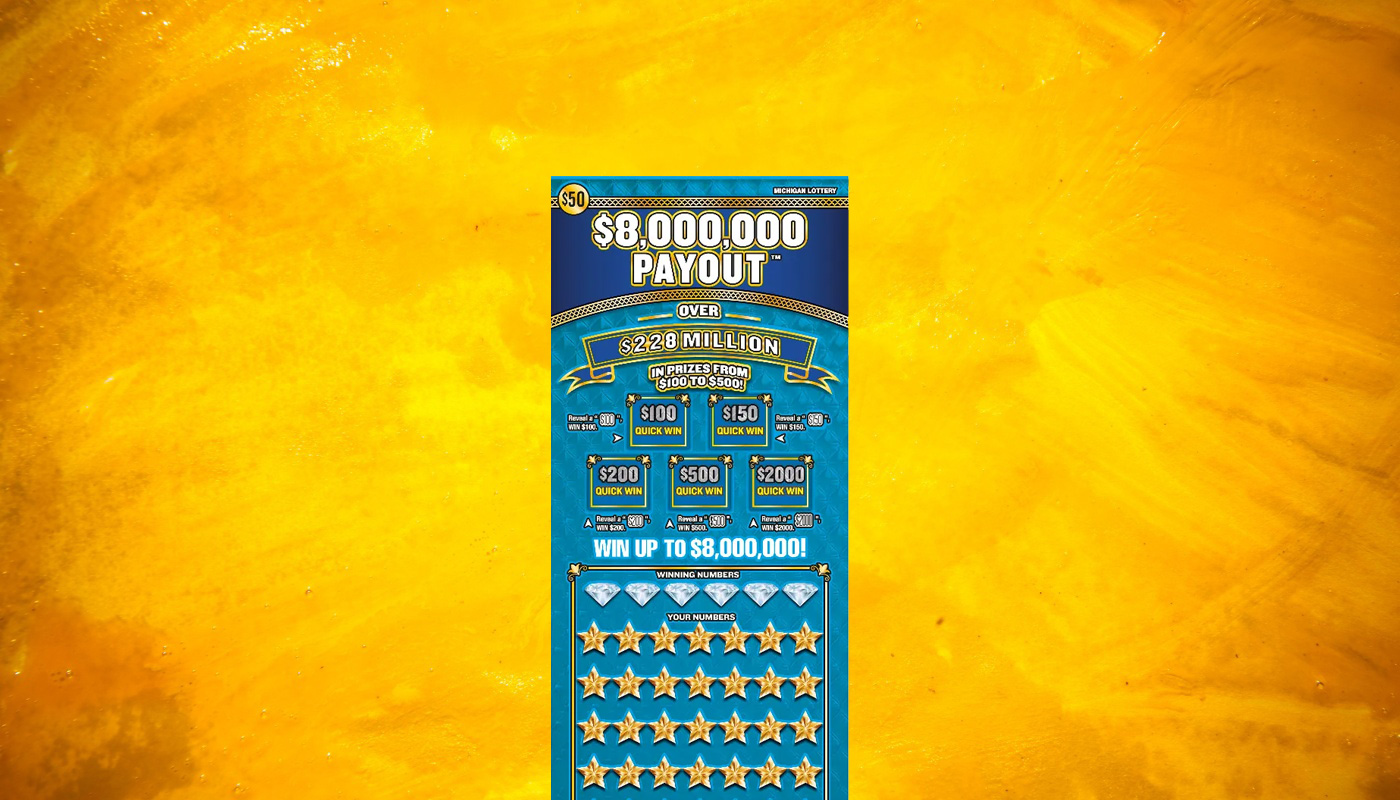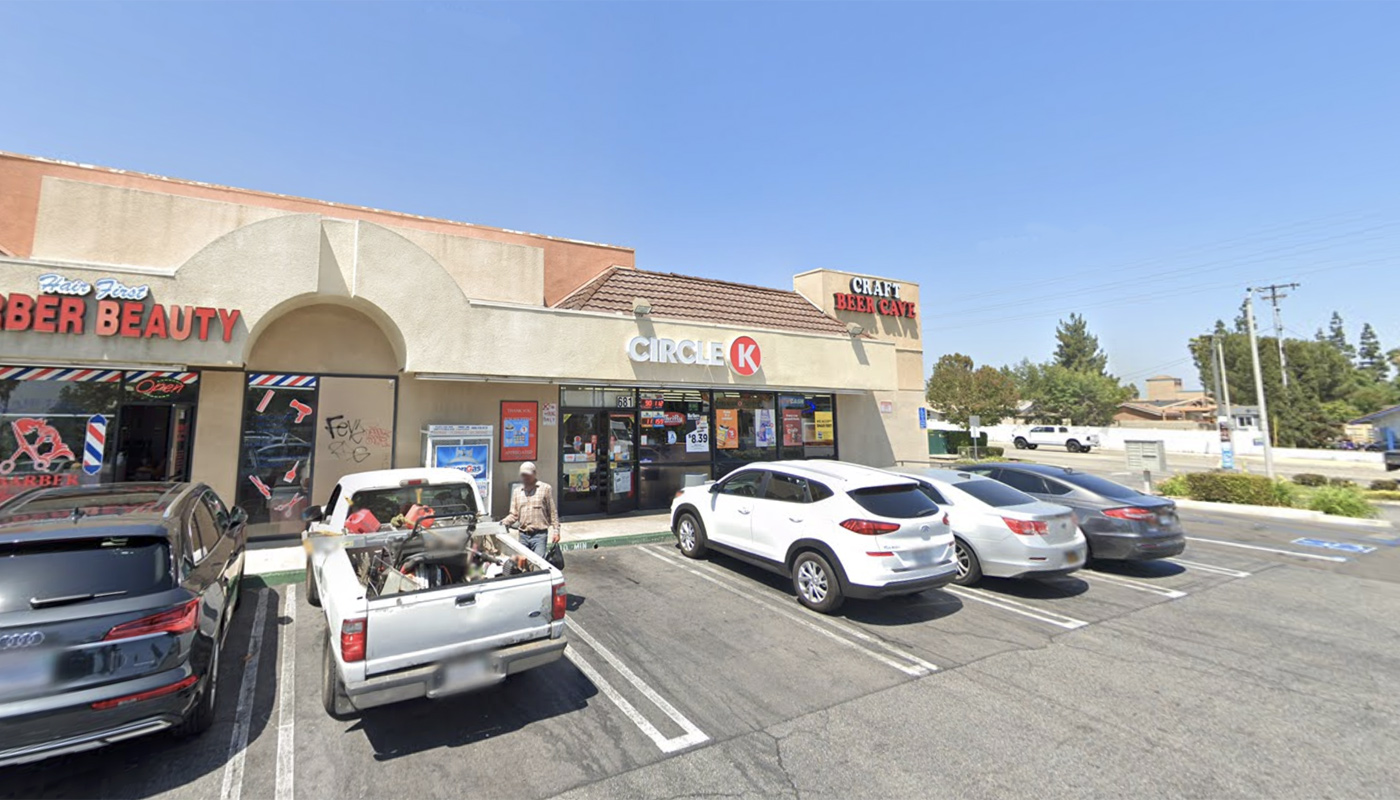
News writer
With lottery officials seeking new ways to interact with Generation Z, a notoriously challenging demographic for marketers, the stakes are higher than ever. As many people know, Gen Z is the most connected, socially conscious, and technologically adept generation until now. Their tastes often differ from those of previous generations.
Lottery organizations are learning that in this digital-first era, they need to mix innovation with tradition in their brand strategy to stay relevant. Reykjavík, Iceland, recently hosted a workshop by the European Lotteries entitled "Reaching Gen Z."
You can tell the industry wants to pivot its focus towards the youth. The session showed that this focus is not merely one of the organization's goals but rather critical to its future.
The key takeaway from the event was transparency, openness, and authenticity, the new face of brand storytelling in the age of AI. Will these lottery organizations, sometimes rooted in old-world charm, resonate with the younger generation, who often cry out for immediacy, authenticity, and a sense of purpose?
In this article, Lottery USA will look into Gen Z's perspective on lotteries, how these organizations are trying to reach Gen Z, and if these initiatives will succeed or fail.
Gen Z: Who are they, and why do lotteries care?
For context, Gen Z is defined as people born between 1997 and 2012. This generation grew up in a rapidly changing world in which smartphones and social media became common. They rewrite the rules for how brands engage with them because they are more devoted to meaningful experiences than owned possessions and to ethical consumption.
When Gen Z consumers engage with brands, they like to see transparency, diversity, and authenticity, according to a McKinsey report. For lotteries, it is a threat and opportunity in one.
While the vast majority of history's lottery games have been played by millennials and older generations, these organizations know full well that if the lottery is to succeed long-term, they must draw younger players in. But coaxing Gen Z into buying lottery tickets, it seems, requires more than introducing new games or flashy new ads.
Younger audiences are more likely to question whether gambling is moral and scrutinize gambling, even in its most basic forms. Lotteries have to deal with all the bad press around gambling, and they have to look like they are a way for people to have fun, be with their friends, and be with their neighbors.
Are Gen Zers even playing the lottery?
For now, we can say the answer is a qualified "yes." Only 15% of American young people (18 to 24 years old) regularly play the lottery, according to a 2022 study. This is compared to about 30% of the older age groups.
Younger lottery players are attracted to instant gratification games, such as scratch-off tickets or lotteries with socially conscious themes, including money for environmental or educational causes.
And Gen Zers face the conundrum of being less tempted to play the lotto just to win. This generation wants experiences that match their values. Consequently, some lotteries have succeeded in pursuing creative approaches that use, among others, customization, co-creation, and community.
Creating lotteries that speak Gen Z's language
Across the world, lotteries are seeking to lure Gen Z into playing the lottery regularly. They are doing this by using tactics that align with this generation's tastes. The officials talked through these and other examples at the latest European Lotteries workshop.
1. Rebranding to make it deemed worthy for a contemporary audience
Some of these lottery companies are attempting to rebrand to attract a younger audience. Kamelija Levenska said she conducted a seven-month rebranding campaign for the National Lottery of North Macedonia. This involved combining cultural values, access, and contemporary aesthetics.
It's a powerful reminder of the need to bring company identity into line with audience expectations — a proof point that, as a result of these rebranding efforts, more Gen Z players eventually took part.
FDJ, France's online gaming expert and well-known gambling operator, has chosen content that favors authenticity to reach younger players and adopted AI-generated content. Laurence Auchère is a great example of how tech can aid storytelling in advertising without fully committing to AI, as she uses her own AI avatar in campaigns.
2. Being honest and genuine
During the keynote speech of speaker Sammi Huang of Dentsu, she said, "We don't like ads." Gen Z — it's got nothing to do with chatbots; they want to interact with businesses in a real, human way. Features like Spotify Wrapped go viral around this time of the year because they give consumers a sense of being appreciated and seen.
These triumphs are educating lottery organizations. Spain has a very well-known lottery called El Gordo from SELAE. They told relatable stories and made their content relevant to younger consumers.
The campaign worked because they were able to merge tradition with new, genuine stories that resonated to multiple generations.
3. Creating lottery games for a younger audience
It's increasingly common to target Generation Z with dedicated games. In Greece, OPAP launched a lottery game with an annuity-based premise. Players were now guaranteed to receive a steady stream of winnings instead of a massive, single prize.
In this way, OPAP was addressing the concerns of Generation Z about their finances and futures with the action it took.
In addition, socially conscious and customizable elements are being added to scratch-off games, which are popular with younger players. These games, therefore, give these players the opportunity to feel a sense of ownership, and those games become something more than just a purchase; they become an experience that the players can remember.
4. Visual and video storytelling
Video is the largest share of Gen Z's media consumption. They have a presence on platforms like TikTok and Instagram. This means that marketers need to create bite-sized, fun video content in order to reach this group.
This is what the team at IGT Lottery Italy achieved by incorporating videos in their branding campaigns while presenting a modern, green image. The videos were designed to evoke an emotional response from younger audiences in order to provide the visually attractive content they want to engage with.
5. Getting personal with AI
We can't emphasize this enough when trying to talk to Gen Z: AI is the way forward. AI creates many opportunities for brands to connect with younger players, from hyper-personalized content to expediting campaign creation.
This European Lotteries workshop provided attendees with the opportunity to learn about some of the AI techniques that can be used to develop dynamic campaigns, tutorials, and scratch card design. These lottery companies can close the gap with their audience by personalizing their messaging for everyone.
What can we learn from young winners of the lottery?
It's interesting to read about recent young lottery winners to get a more nuanced sense of how this younger generation approaches the lottery. Such stories tell us valuable insights into why Generation Z plays the lottery and their regard towards its wins.
In one case, a Maryland winner in their twenties said winning $250,000 from an instant ticket allowed them to "jumpstart" their life. This is a testament to Gen Z's pragmatic approach to unexpected money, favoring debt payment, investment, and the financing of worthwhile causes over excess.
Another was an 18-year-old from North Carolina who scratched off a $2 million winner. His own triumph may not have been expected, but he wasn't about to go out and spend it like it was. He told lottery organizers that he promised to "spend it wisely."
Ethical concerns with Gen Z
Lotteries are seeking new avenues of engagement with Generation Z, but they also must balance ethical considerations. As the members of this generation are so conscientious of societal and environmental issues, they expect brands to be ethical.
The workshop's focus on responsible AI use underscores this challenge. While AI functionalities are being launched, lotteries need to ensure they make players' experiences better, not worse.
The lotteries' ability to maintain public trust will depend on how transparently they explain the way in which data is used and how their campaigns are developed. On the flip side, gambling does bring potential downsides, particularly to younger players, and it's crucial to discuss it. Educating players and encouraging responsible gambling is the way to build trust with them.
Will these efforts pay off?
Although the lottery industry is still in its infancy in trying to engage Generation Z, the solutions talked about during this workshop organized by European Lotteries are a great roadmap for the future. This can make these games of chance just that — a chance to win money with a numerical value — if they can ride the wave of technology, personalization and authenticity.
They can also be places for social betterment, community and fun. And the moves will only be effective if they actually resonate with Generation Z — empty gestures and inauthentic marketing will be dismissed by a generation who know how to spot liars.
To truly engage with this audience, lotteries need to invest in proper, value-based communication that matches their interests and goals.
The road ahead
The lottery will no doubt have to straddle a fine line as it adjusts to the needs of this new generation. As society changes faster and faster, lotteries must remember who they are but also make sure modernity doesn't pass them by.
The integration of AI, video storytelling, and rebranding campaigns are all positive directions, but the effectiveness depends on the purpose. To really connect with Gen Z, lotteries need to focus on community, trust, and experiences that are genuine.
Ultimately, there are a lot of potential positives to the lottery's gamble to appeal to Gen Z players. Not only does it save the industry as a whole, but it also redefines how the lottery is played in the twenty-first century, transforming a centuries-old pastime into a relatively new and exciting activity enjoyed by a wide range of people.
Lotteries now have the opportunity to do so by aligning with the preferences and values of Generation Z, the most discerning generation on the planet. But like any bet, the key to winning is picking the right game and playing it the right way.
Have fun playing the lottery, and be sure to play responsibly.




















Comments